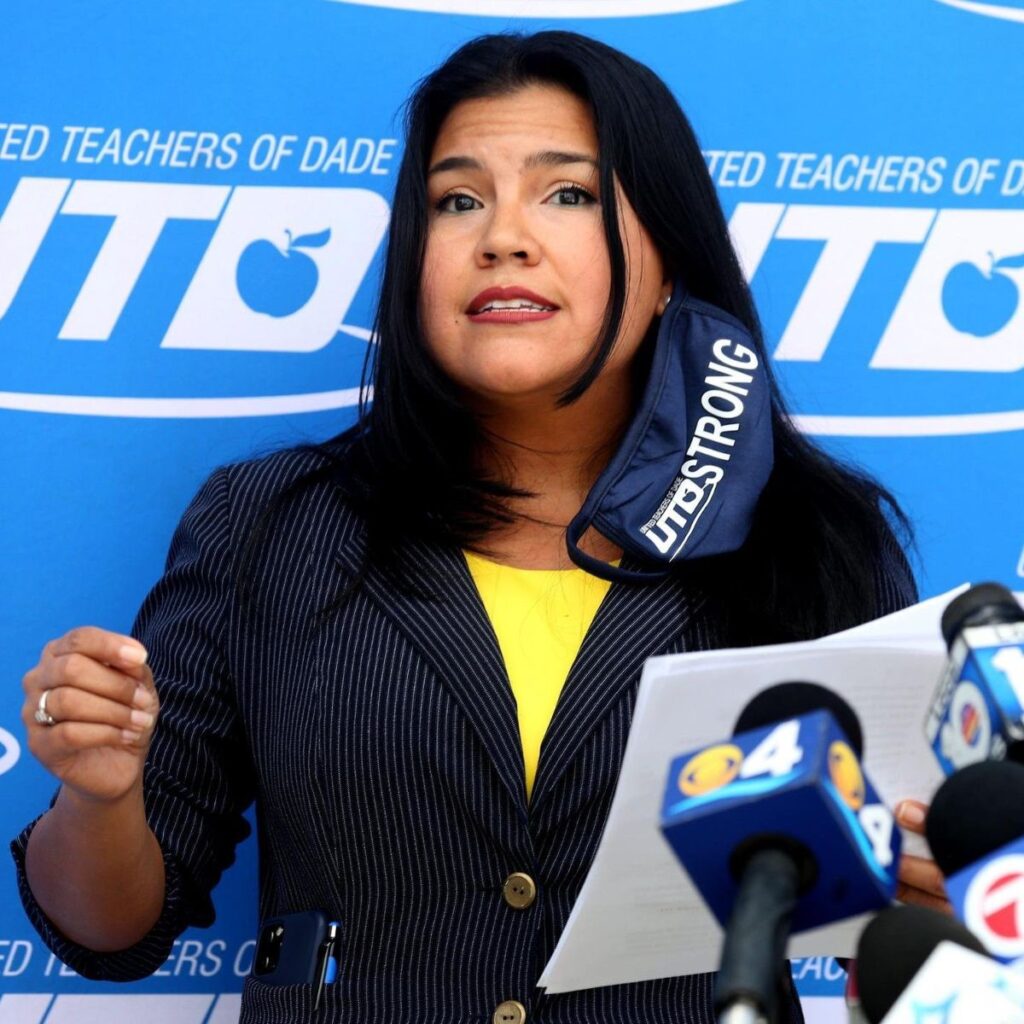Is This Any Way to Run a City’s Schools?
Leaked CTU Proposals Won’t Do Anything to Improve Schools’ Poor Performance

In 2018, thanks largely to the efforts of National Right to Work Legal Defense Foundation attorneys and their employee clients, the U.S. Supreme Court finally recognized that public employees nationwide have a constitutional right to join and pay dues to a union, or refuse to do either.
From the very day the High Court’s landmark ruling in Janus v. AFSCME was announced, five years ago late this month, it was obvious this decision would not be self-enforcing. And unfortunately the First Amendment is still being widely flouted today.
In order to ensure that the rights defined in Janus are practicable, state lawmakers have to take several modest steps. And one commendable way to start is prohibiting the automatic deduction of union dues from public employees’ paychecks.
Fortunately, over the past few years, and especially since early this year, several states have acted to do just that. Self-avowedly pro-Right to Work elected officials in states that still grant union bosses the unwarranted privilege of having government employers serve as their dues collectors should take note. Without further delay, they should move to ensure that the paychecks of public workers in their states are protected from government union bosses.
The 2023 wave of state laws and legislation safeguarding workers’ Janus rights has been inspired in significant part by West Virginia’s 2021 Paycheck Protection Act (PPA).
National Right to Work Committee legislative staff successfully lobbied for passage of this law, which prohibits the government from automatically deducting union dues or fees from public employees’ paychecks, while leaving voluntary union members free to make their own arrangements for dues payments.
The AFL-CIO hierarchy promptly filed suit in state court to stop the PPA from going into effect, and temporarily succeeded.
But the West Virginia Supreme Court then took up the case on appeal.
After reviewing briefs submitted by the Right to Work Foundation as well as Solicitor Gen. Lindsay See and union lawyers, the state High Court found the law constitutional, allowing it to go into effect in December 2021. This set a precedent for other states that union boss legal attacks on this issue can be overcome.
In early 2023, several other states began advancing payroll deduction bans of their own.
Kentucky’s S.B.7 came first. Beyond banning government dues deductions by a wide range of public-sector unions, it mandates that annual reports of union spending be given to members.
After initial passage in both chambers, S.B.7 was vetoed by Democrat Gov. Andy Beshear, who issued a veto message chock full of Big Labor talking points. The Legislature, however, was rightly unbowed and proceeded to override the veto on March 29; since the bill was passed with an emergency clause, it went into effect immediately.

The next state to enact a payroll deduction ban was Arkansas.
In 2021, the Land of Opportunity had banned public-sector monopoly bargaining over most categories of public employees, including teachers, but unaccountably allowed teacher union bosses to continue deducting dues from educators’ paychecks at taxpayer expense.
S.B.473, the bill removing this unwarranted privilege, was adopted by the Legislature this April 7 and signed into law by Gov. Sarah Huckabee Sanders on April 12.
The third state to pass a ban is Tennessee. A dozen years ago, the Volunteer State reformed the bargaining process in K-12 government schools to allow some teachers who disagree with monopolistic union bosses to participate. However, up to now the law has continued to allow these same union bosses to have their dues collected at public expense.
Recognizing this unwarranted privilege for what it is, Gov. Bill Lee and legislative leadership proposed to make a ban on automatic payroll deduction part of a pay raise package for state teachers.
The Legislature passed S.B.281 on April 21, with Gov. Lee’s signature expected soon as this Newsletter edition went to press in early May.
Committee Vice President John Kalb explained that automatic-payroll deduction schemes make it possible for Big Labor to block educators and other public servants from exercising their First Amendment freedom to resign and stop forking over money to a union for 350 or more days out of each year.
“So far, federal courts have let Big Labor get away with undermining Janus through automatic payroll deductions,” said Mr. Kalb. “But elected officials have the power to stop such abuses.”
In Kentucky, Arkansas and Tennessee alike, Committee lobbying efforts helped bans on automatic payroll deductions get approved by lawmakers this year.
And the Committee is also supporting 2023 legislation banning dues deductions utilizing state resources that, as of late April, appeared headed towards enactment in Right to Work Florida.
Back in January, Gov. Ron DeSantis got the ball rolling in the Sunshine State by proposing a multifaceted effort to curtail significantly the special privileges of teacher union bosses.
Senate (S.B.256) and House (H.B.1445) bills that were subsequently introduced built on Mr. DeSantis’ proposal, but continued to exempt police, fire, and corrections union officials. The Committee sought an across-the-board ban on automatic dues collections, but DeSantis’ staff rejected the idea.
These measures would also allow union bosses to maintain their status as employees’ monopoly-bargaining agents only if 60% or more of the employees over whom they wield control join the union voluntarily.
The two bills would also require an annual public audit of all union finances by an outside CPA.
The Florida Senate gave the go-ahead to S.B.256 on March 29. The House followed suit with H.B.1445 on April 26. Given Mr. DeSantis’ active role in promoting a ban on automatic payroll deductions and the other reforms in these bills, he is virtually certain to sign this legislation with little hesitation.
Unfortunately, even after the Kentucky, Arkansas, Tennessee and Florida bans on automatic payroll deductions have been finalized and taken effect, vast numbers of public servants in all four states will continue to have their Janus rights severely constricted.
That’s because in each state a number of categories of public employees are left out of the reforms. Specifically, for example, police union bosses are exempted in all four states, though they were included in the 2021 West Virginia law discussed above.
“The fact is, all government union monopolies are harmful,” said Mr. Kalb. “Public-safety union bosses are no more deserving of special privileges than other union bosses are.
“Kentucky, Arkansas, Tennessee and Florida are headed in the right direction. But much remains to be done. Right to Work leaders and members will continue pressing for the protection, in the near future, of the Janus rights of all public employees in these and other states.”
This article was originally published in our monthly newsletter. Go here to access previous newsletter posts.
To support our cause and help end forced unionism, go here to donate.

Leaked CTU Proposals Won’t Do Anything to Improve Schools’ Poor Performance

Wherever Big Labor wields the power to collect forced union dues, union bosses funnel a large share of the confiscated money into efforts to elect and reelect business-bashing politicians. Employment growth tends to lag as a consequence.

Members Insist They Keep Pro-Right to Work Campaign Promises